Genetics
-
 Life
LifeTo get a deeper tan, don’t sunbathe every day
Skin cells make protective melanin on a 48-hour cycle.
-
 Genetics
GeneticsDNA differences are linked to having same-sex sexual partners
Genetic differences are associated with choosing same-sex partners in both men and women.
-
 Astronomy
AstronomyReaders wonder about a hydrogen wall, pig lung transplants and more
Readers had questions about a glow at the edge of the solar system, pig lung transplants, the use of the word promiscuous and more.
-
 Genetics
GeneticsGenealogy databases could reveal the identity of most Americans
Keeping your DNA private is getting harder.
-
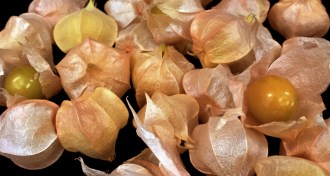 Plants
PlantsGene editing can speed up plant domestication
CRISPR/Cas9 replays domestication to make better ground cherries and tomatoes.
-
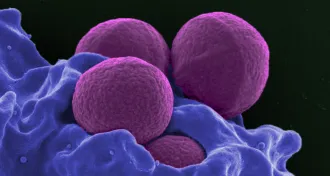 Genetics
GeneticsSmuggling a CRISPR gene editor into staph bacteria can kill the pathogen
A new way fight antibiotic-resistant bacteria co-opts toxin-producing genes.
-
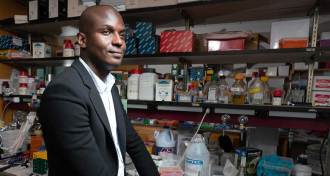 Genetics
GeneticsIbrahim Cissé unlocks cells’ secrets using physics
Biophysicist Ibrahim Cissé finds clues in raindrops and morning dew about how genes are activated.
-
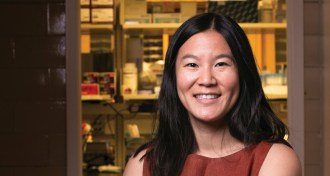 Animals
AnimalsJenny Tung wants to know how social stresses mess with genes
Evolutionary anthropologist Jenny Tung is untangling the many health effects of life as a social animal.
By Susan Milius -
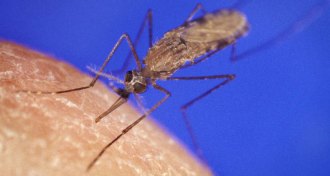 Genetics
GeneticsIn lab tests, this gene drive wiped out a population of mosquitoes
For the first time, a gene drive caused a population crash of mosquitoes in a small-scale test.
-
 Life
LifeDNA from seized elephant ivory unmasks 3 big trafficking cartels in Africa
Scientists can sleuth out wildlife crime and aid law enforcement by tracing elephant DNA from ivory seizures back to the source.
-
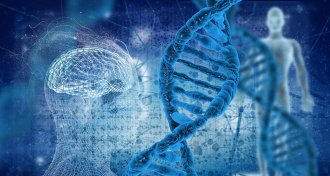 Genetics
GeneticsA recount of human genes ups the number to at least 46,831
A new estimate of the number of human genes adds in some RNA-producing genes.
-
 Genetics
GeneticsGerman skeletons hint that medieval warrior groups recruited from afar
Graveyard finds may come from an ancient European warrior household with political pull.
By Bruce Bower